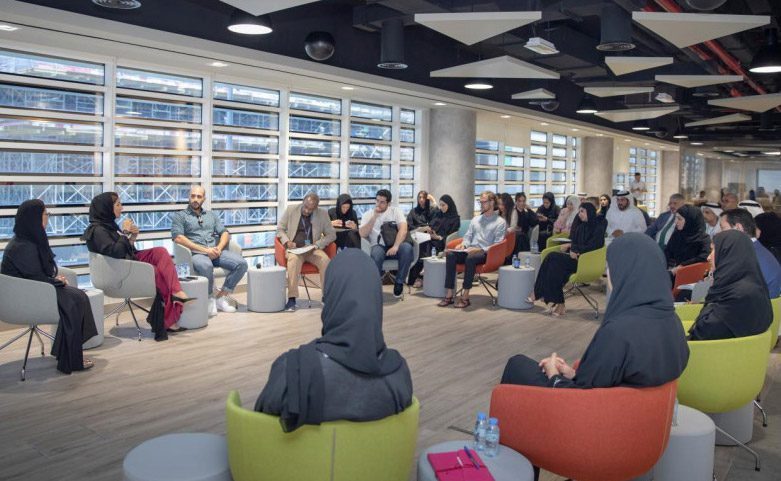Ma’an, the Authority of Social Contribution, rolled out the third cohort of its Ghaya financial literacy programme that aims to empower Emiratis with smart money skills to help them contribute to Abu Dhabi’s long-term economic growth.
Ghaya, which means goal in Arabic, is a three-month Arabic-language virtual course that was created to tackle the high prevalence of debt and financial mismanagement challenges faced by Abu Dhabi citizens and residents, Ma’an said on Tuesday.
Financial literacy has become a key social priority that has been identified by the Department of Community Development – Abu Dhabi through its Quality of Life survey, it said.
According to a 2019 financial literacy survey by Visa, 43 per cent of respondents in the UAE aged between 16 and 24 felt they are not ready to manage their own money, while 53 per cent said schools did not prepare them enough to take care of their finances.
“In the space of just under a year of launching, this pioneering programme has gone on to become a valuable initiative with 160 citizens and residents and 21 specialised volunteers to attend this comprehensive three-month course, which will help them enhance their financial knowledge, as well as make responsible choices that are integral to their everyday lives,” Salama Al Ameemi, director general of Ma’an, said.
Ma’an has partnered with ADGM Academy and the London Institute of Banking & Finance to run the programme’s content, with the support of the Abu Dhabi Social Support Authority, which covers a range of financial literacy topics such as how to save and budget and how to identify suitable investment options.
Participants in the third cohort, which began on Monday, include applicants from the public as well as people nominated from the Crown Prince Court and the Abu Dhabi School of Government.
“With the launch of this new cohort, more Emiratis will follow in their footsteps and we look forward to welcoming as many applications as possible,” Ms Al Ameemi said.
“The Ghaya programme has been designed carefully so that participants can get a clear understanding of what financial management involves and what responsibilities lie ahead, as well as gain insight on why we need to budget, save and invest – key factors which are all essential as we progress through different phases in our life.”
Launched in December last year, the Ghaya programme also trains participants on how they can teach their families and communities in an effort to create positive attitudes towards financial literacy.
The UAE has launched a number of financial literacy programmes over the past three years to tackle the rise of personal debt in the country. In 2019, the Central Bank of the UAE signed an agreement with Emirates Foundation to launch a financial literacy programme through the Esref Sah scheme.
The UAE Banks Federation launched a financial literacy handbook in May 2018 in an effort to help consumers manage their money more effectively.
“Increasing the understanding of financial literacy tools and concepts is an effective method to help raise a generation of people conscious of the importance of financial planning and rationing spending,” Abdullah Al Ameri, director general of the Abu Dhabi Social Support Authority, said.
“Abu Dhabi Social Support Authority beneficiaries participating in this important programme can use that increased financial awareness to help reach sustainable financial independence.”
(Except for the headline, this story has not been edited by The Finance World staff and is published from a syndicated feed.)


